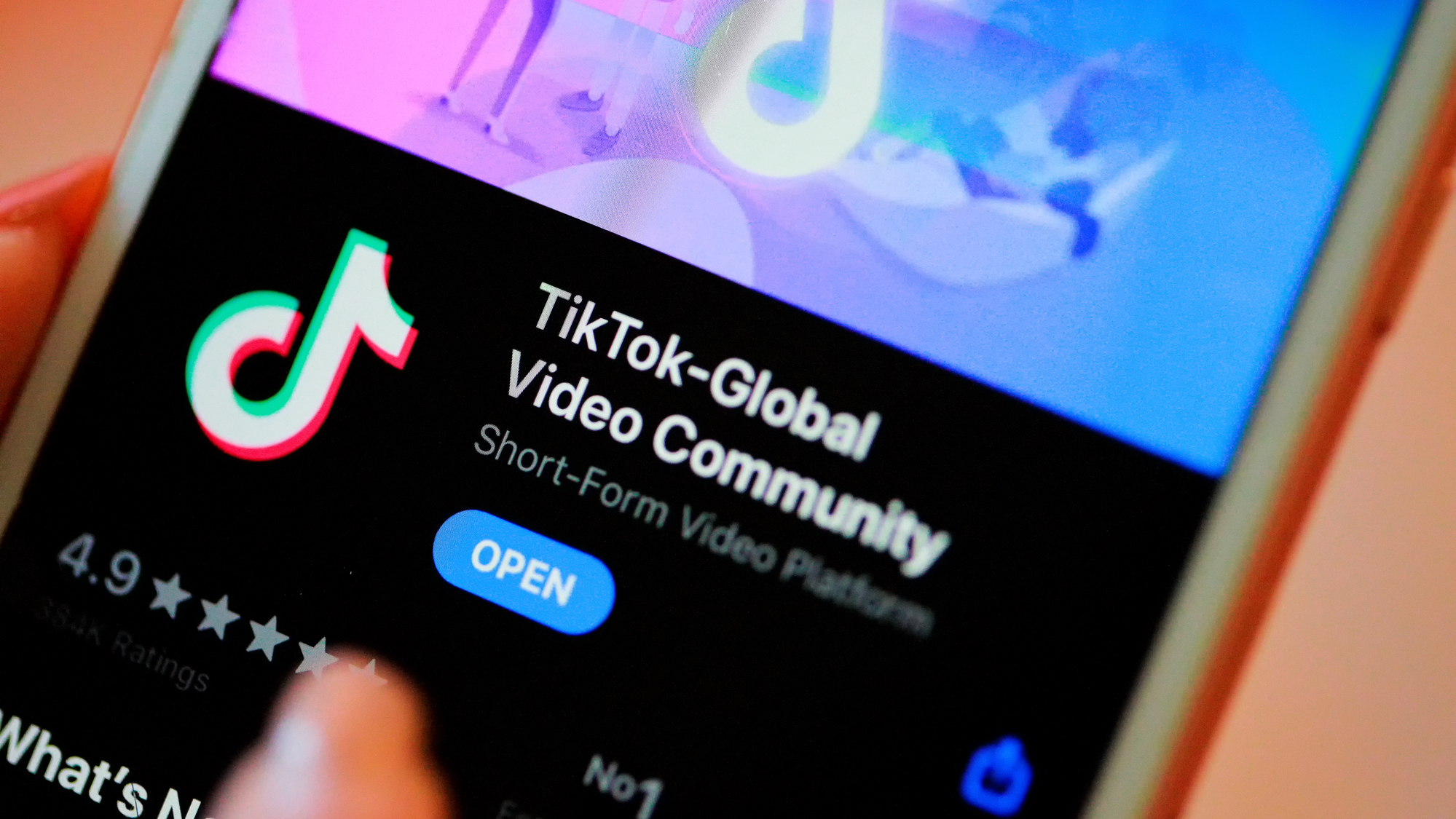

TikTok announced a number of updates to its community guidelines on Tuesday, including how it will address misinformation, AI-generated art, and deepfakes. The revamped rulebook and classifications go into effect on April 21. The changes arrive amid mounting political pressure from Western lawmakers in the US and UK, alongside an impending congressional testimony from TikTok CEO Shou ZI Chew regarding alleged security concerns within one of the world’s most popular social media platforms.
Perhaps the most noticeable addition comes in the form of TikTok’s new guidelines section dedicated to the rapid proliferation of “synthetic media,” such as altered videos and deepfakes. Although TikTok “welcome[s] the creativity that new artificial intelligence (AI) and other digital technologies may unlock,” it acknowledges these tools often blur the lines between reality and fiction. Beginning next month, all deepfaked or otherwise altered content must be labeled as such through a sticker or caption.
[Related: Why some US lawmakers want to ban TikTok.]
Additionally, a wholesale ban on using the likeness of “any real private figure” will be initiated in April. Public figures, meanwhile, are granted more leeway due to their high profiles and societal relevance. That said, content including a deepfaked politician or celebrity cannot “be the subject of abuse,” or used to mislead audiences on political or societal issues. As The Verge also noted on Tuesday, TikTok’s prior stance on deepfakes were summed up by a single line banning uploads which “mislead users by distorting the truth of events [or] cause significant harm to the subject of the video.”
Notably, the company is also instituting a new section explicitly addressing the proliferation of climate misinformation. Any content that “undermines well-established scientific consensus” regarding the reality of climate change and its contributing factors is prohibited. As TechCrunch explains, conversations on climate change are still permitted, including the pros and cons of individual policies and technologies, as long as it does not contradict scientific consensus. Last year, at least one study showcased that TikTok search results were inundated with climate change misinformation and denialism. The new hardline on misinformation apparently extends beyond climate disinfo, as well. In a separate section, TikTok explains content will be ineligible from users’ For You Feed if it “contains general conspiracy theories or unverified information related to emergencies.”
[Related: US government gives TikTok an ultimatum, warning of ban.]
These and other changes come as TikTok weathers increasingly intense criticisms and scrutiny over its data security, with lawmakers citing issues with the social media platform’s China-based parent company, ByteDance. Last week, the Biden administration issued its starkest warning yet, urging the platform’s Chinese national owners to sell their shares or face a wholesale ban on the app. The announcement came after moves to ban the social media platform from all US government devices—a decision echoed recently in the UK and the Netherlands, as well. Critics of the hardline stances point towards the larger data insecurities within the digital ecosystem.
In a statement released last week from the Electronic Frontier Foundation, the digital rights advocacy group conceded that “TikTok raises special concerns, given the surveillance and censorship practices of its home country, China, but contended that the solution isn’t a single business or company ban. Rather, we must enact comprehensive consumer data privacy legislation.”
